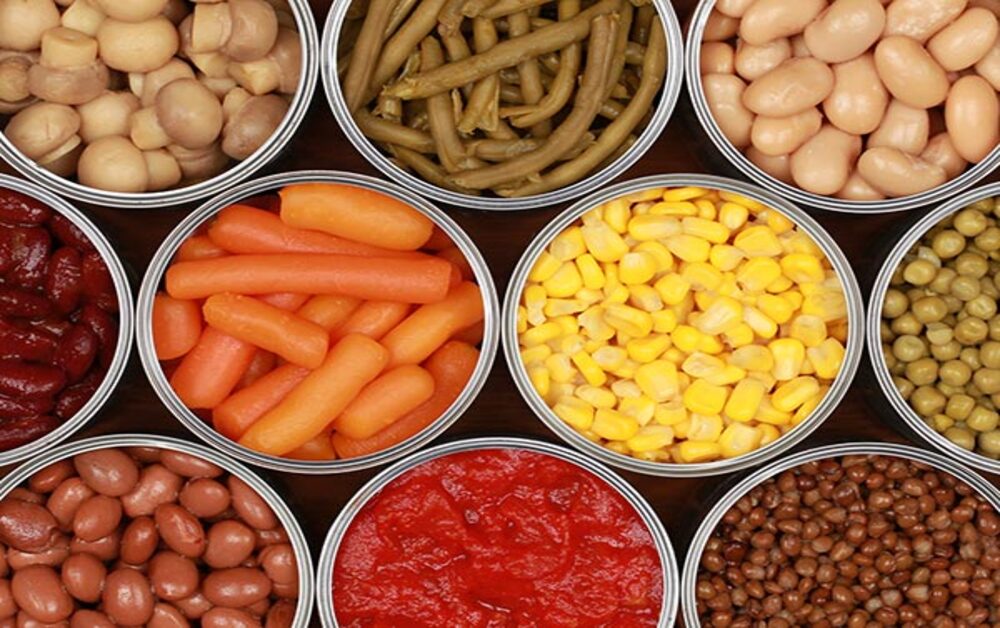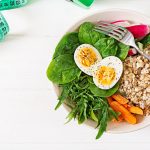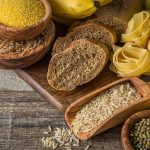What are processed foods?
Processed foods are not only microwaveable meals or ready-made meals, these include foods that have been cooked, canned, frozen, or packaged. They also include foods that have been changed in nutritional composition through fortifying, preserving, or other possible ways. Freezing, canning, baking, drying are all part of food processing.
Generally, processed foods contain high levels of salt, sugar, and fat, but not all processed foods are unhealthy. Some foods require processing to make them safe for consumption. For instance, the milk needs to be pasteurized to remove harmful bacteria. There are plenty of processed foods that are made with nutrient-rich foods. For example, canned soups, frozen or canned fruits and vegetables. In short, not all processed foods are a bad choice.
What makes processed foods unhealthy?
Ingredients such as salt, sugar, and fat (oil) are sometimes added to foods while processing to preserve them, improve flavor or enhance shelf-life. The increased amounts of these ingredients in foods make processed foods unhealthy. Which eventually leads to an increase in the prevalence of chronic diseases like heart disease, diabetes, and obesity.
The food processing spectrum
Food processing plays a significant role in food security and food safety. Much of the food we consume on daily basis has undergone some kind of processing. There are different levels of processing such as cooking, fermenting, refining, and preserving. Processing in itself isn’t bad but it’s the method of food processing that is the key in determining the overall quality and healthfulness of the food.
When considering processed foods there is a food processing spectrum. Ranging from unprocessed food to ultra-processed food. Foods that are unprocessed or minimally processed provide the greatest health benefits. Therefore, it is advised to include nutrient-dense, minimally processed foods in your diet. However, some packaged foods are processed but still provide plenty of health benefits.
The Positives of Processed Food
Processed foods can sometimes help you eat healthier. Milk and juices are fortified with calcium and Vitamin D, and breakfast cereals may have added fiber. Moreover, canned fruits (with less sugar content) are a good option when fresh fruits are not available. Similarly, pre-cut and pre-washed vegetables are quality convenience foods for busy people. All you have to do is to be careful of the hidden sugar and salt.
Processed Foods As Part of Healthy Diet
If you want processed foods to be part of your healthy diet then you must choose ‘healthier’ processed foods. You can do so by reading the food labels to know exactly what’s in the processed product. Choose products with less amount of sodium, added sugars, and saturated fats. If you want to enjoy those frozen and canned fruits, vegetables, beans, then look for varieties without salty sauces and sugary syrups. Or when ordering out, choose restaurants where the menu has healthier options. Request sauces, dressings, and condiments on the side so you can decide how much to add.
Adding processed foods to the diet is a great way to get vegetables, beans, whole grains, and protein in your system. For instance, protein bars are processed foods but these are highly nutritious that contain a high proportion of protein to carbs/fats. There are plenty of other examples where processed foods can make your diet healthy.
Beneficial Processed Foods
Here is a list of processed foods that are somewhat beneficial to your health.
- Breakfast Cereals: These are oten frtified with vitamins and minerlas, making them an easy, convenient and high-fiber breakfast option.
- Bread: Choose whole grain bread over white bread as these are highly nutritious, rich in fiber, and heart-healthy fats.
- Milk & Yogurt: Most dairy products undergo a process called pasteurisation, which kills any potentially harmful bacteria, and homogenisation, which gives milk its smooth and creamy texture.
- Canned Legumes: These are as good a choice as fresh vegetables but make sure to buy low-salt varieties.
- Frozen fruits and vegetables: These foods contain loads of nutrients and so are beneficial for you.
Processed foods are generally thought to be inferior to unprocessed foods. Which is true in some instances, but the definition of processed food varies widely depending on the source. Technically all foods sold in supermarkets are “processed” to some degree. Some are minimally processed while others are ultra-processed. Therefore, in order to add processed foods to your healthy diet, all you need to do is be able to differentiate between various degrees of food processing.








